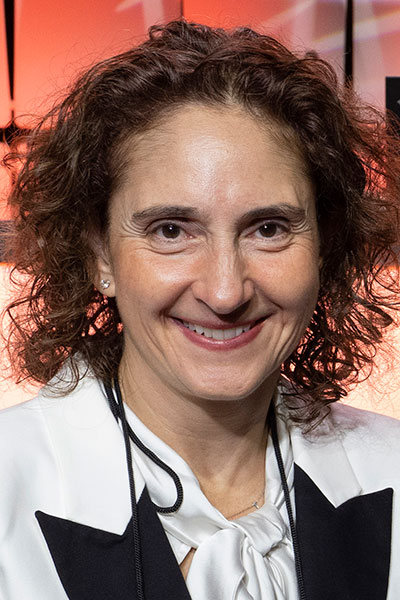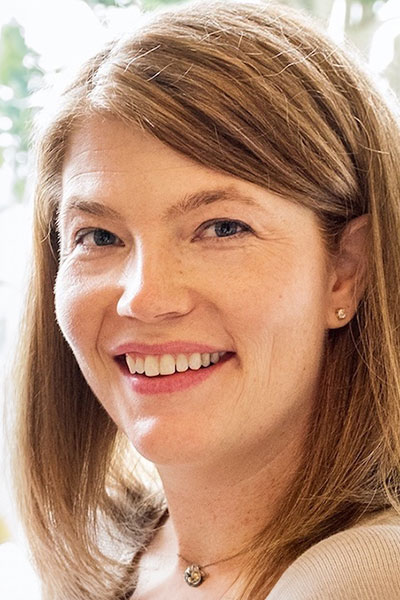One of the most anticipated lectures at the 2023 SABCS® is the Plenary Lecture, Recent Advances in Triple-Negative Breast Cancer, by Melinda L. Telli, MD, Associate Professor of Medicine, Stanford University School of Medicine. It is set for Friday, December 8, from 11:15-11:45 a.m. CT in Hall 1.

SABCS® Co-Director Virginia Kaklamani, MD, Professor of Medicine, UT Health San Antonio, said the topic is particularly relevant because while triple-negative breast cancer is still the type of breast cancer with the worst prognosis, the outlook is shifting.
“The emergence of immunotherapy and antibody-drug conjugates has changed the field and increased options for our patients,” Dr. Kaklamani said. “Dr. Telli will provide a comprehensive overview and discuss future directions.”
Dr. Telli will take a historical perspective for this lecture. She explained that the term “triple-negative” breast cancer is still a relatively recent term for describing a group of breast cancers that lack expression of estrogen receptor, progesterone receptor, and overexpression or amplification of human epidermal growth factor receptor 2 (HER2).
“When I started in this field, we didn’t have much to offer patients other than chemotherapy, either for those who were newly diagnosed or for those with recurrent disease,” Dr. Telli said. “There have been major developments since then, and starting about five years ago, new targeted therapies began to emerge as treatment options including the introduction of immune checkpoint inhibitors for the treatment of advanced disease as well as antibody-drug conjugates more recently.”

A few years ago, important data showed that immunotherapy added to chemotherapy leads to clinically meaningful improvement in early-stage triple-negative breast cancer survival, she added.
“Therefore, my plan is to highlight the tremendous progress that we have made in this field. I will also talk about the future, some of our challenges, and where we ultimately hope to see things going.”
Dr. Telli said the topic is important in 2023, given all the progress that has been made in the treatment of triple-negative breast cancer. “It deserves a moment this year for us to pause and take stock of all of the development, so everyone stays focused on the long-term goal of continued progress in offering lasting remissions and improvement in cure rates,” she said. “There is such a diverse group of attendees at the meeting, including young physicians and researchers, and I hope they will be excited by these developments and decide that they want to get involved in triple-negative breast cancer care and research.”

